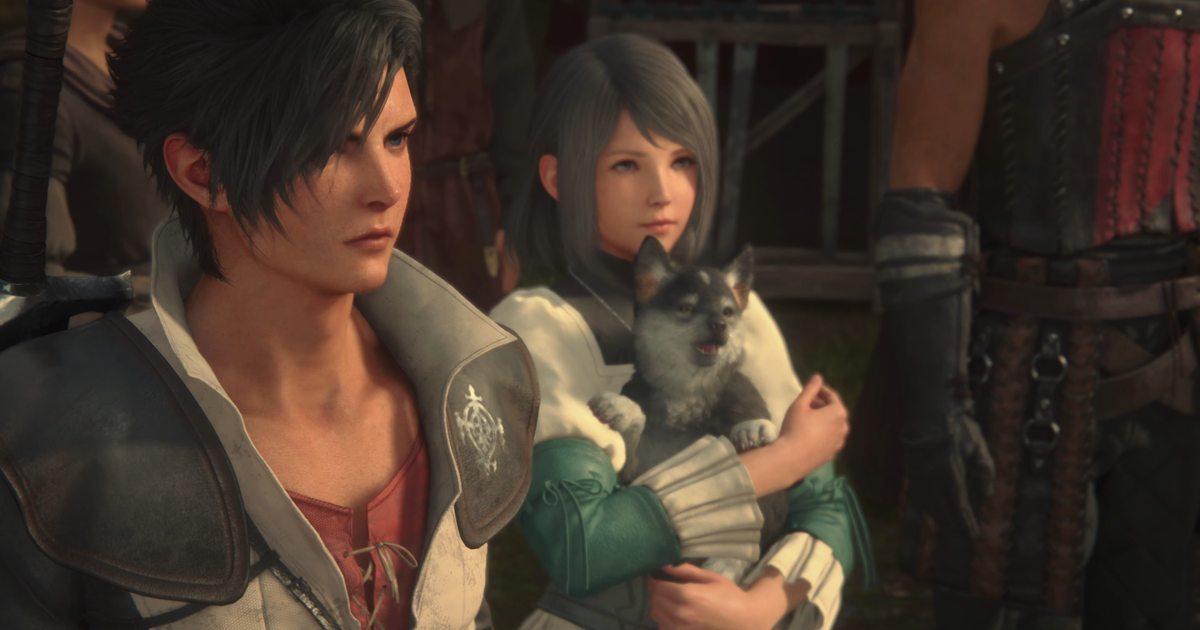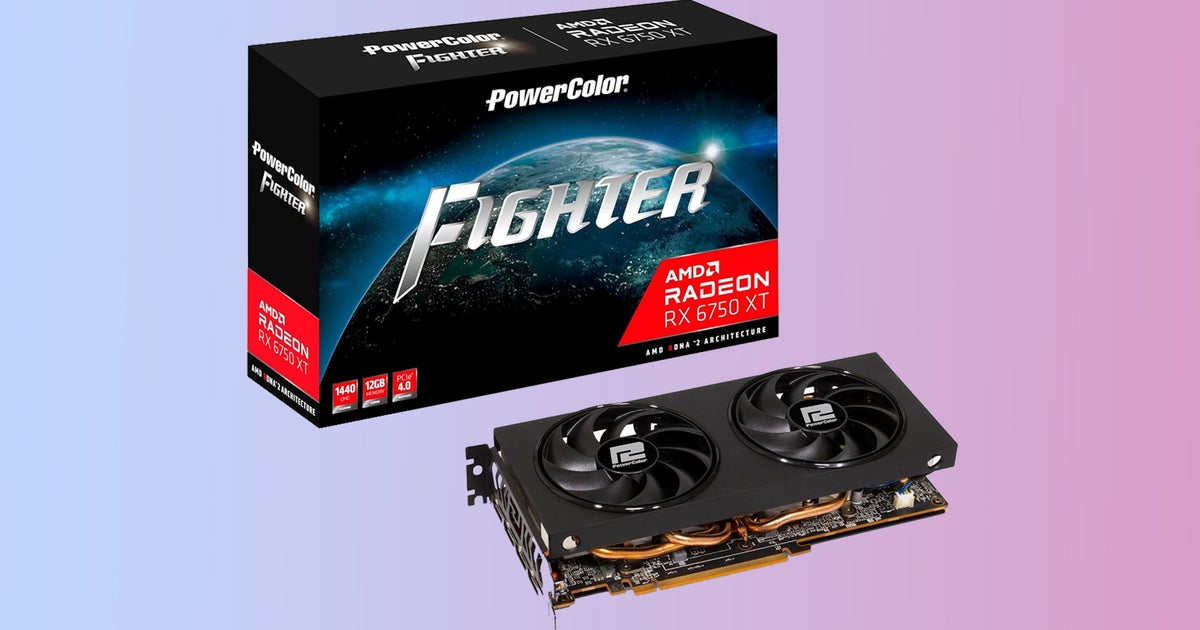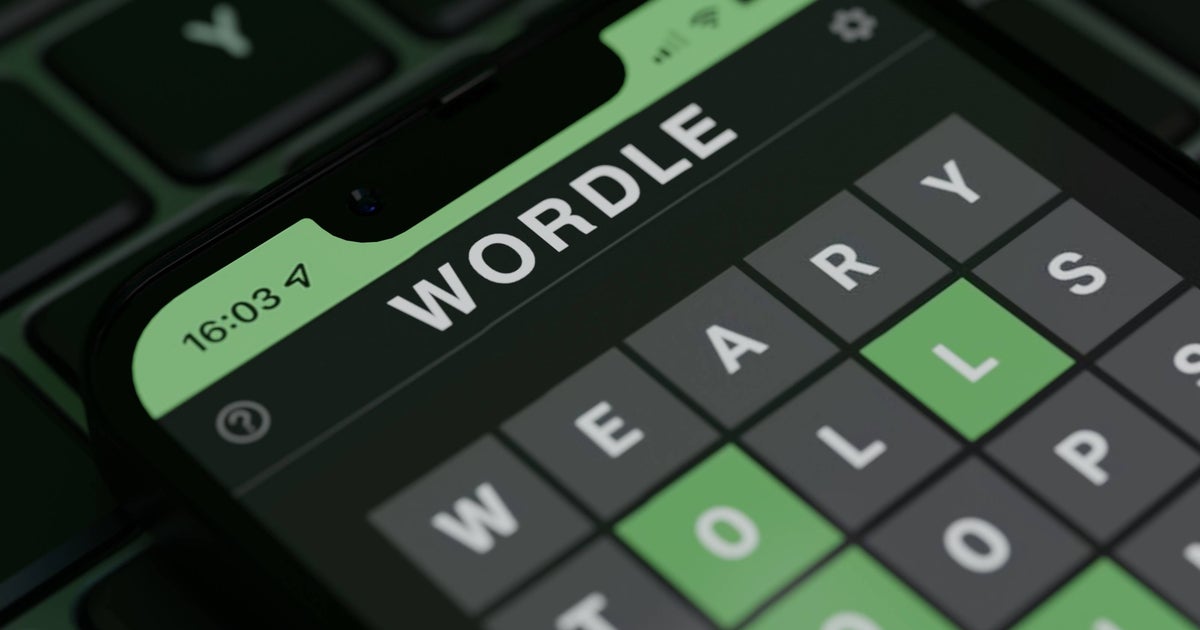Let’s be honest, Clive isn’t exactly the most glamorous name for a Final Fantasy lead character. But it could’ve been worse.
At a recent preview event for the game (in which I questioned the essence of the series), I sat down with Clive Rosfield’s voice actor Ben Starr, as well as the voice of Jill Warrick, Susannah Fielding, to chat about their roles in the game.
Read on as we discuss the pressures of being part of such a huge series, the details of each performance, and which Final Fantasy games are their favourites.
So you get the call to say you’ve got the role in Final Fantasy 16. How did you feel in that moment?
Susannah Fielding: We didn’t know that it was Final Fantasy. And very often you don’t, you work under codenames because it’s such a secret, so you don’t realise until much later down the line.
Ben Starr: I think I got the call, which was ‘congratulations, you are the lead in a video game’. You’re like, ‘okay?!’. And then it wasn’t until they said, ‘come back in to see if you can read for your younger self’, that they gave me a bit more information about this and they said you can have the scripts to have some idea. My character at the time was codenamed Clint Richmond. Do you remember what yours was? It would have been like J something?
S: Jane…Jane Adams, or something.
B: I couldn’t believe it, but as soon as you find out, you can’t tell anyone about it. What’s been amazing is working with lots of different actors and realising this is quite a big thing.
S: I’m not really a gamer, but even I’ve heard of Final Fantasy. Even for me I was aware of the magnitude of it.
It’s funny, you mentioned the codenames as being regular names, but Jill and Clive are also quite regular names. In the past we’ve had Cloud and Squall, but now we’ve got Clive. That’s not very Final Fantasy?!
B: We did have a joke early on pretending to be Aunty Jill and Uncle Clive from down the road having an adventure together.
S: They’re like names from Coronation Street rather than Final Fantasy.
B: I will say, Jill has already been taken obviously, for Resident Evil fans. I watched Air two days ago [film about Nike signing Michael Jordan], and Viola Davis plays [Jordan’s] mother. She says ‘a shoe is just a shoe until my son steps into it’. And I’ve been using that as an example of ‘Clive is just a name until Clive steps into it’. Now I feel it’s very normal and keep going ‘Clive – yeah that is a sexy name’.
S: We’re reimagining the name Clive, for all those Clives out there.
B: We are re-envisaging Clive for the 21st century.
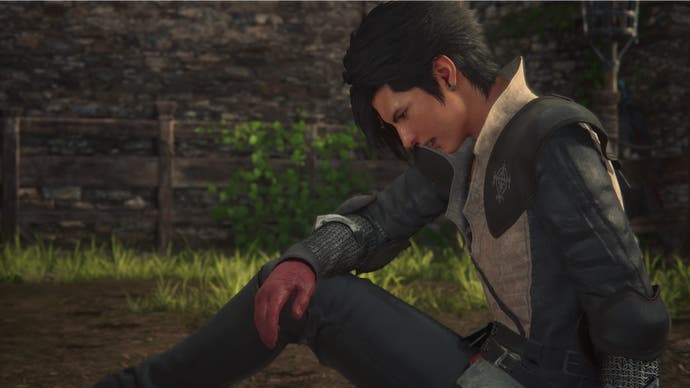
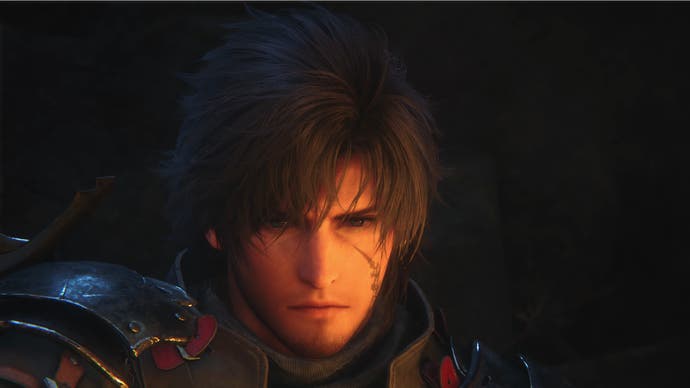
Excellent. So when you finally realised this is Final Fantasy and you stepped into the recording booth to start recording, did you feel a lot of pressure? This is such a huge series, did you feel the weight of that?
S: I think neither of us were quite aware of how big our parts would be. It’s not like a film where you get given the script in advance, you’re given it in dribs and drabs, which in some ways is quite helpful because you can’t get overwhelmed, you’re just doing the scenes that you’re doing that day. And also working together with another actor just takes the pressure off because you’re just concentrating on the scene.
B: Yeah, I think the way we got over it was just a bit at a time. And play the truth of the moment, be as honest as you possibly can. As you see in the beginning of the game, it’s massive and huge in scale. For us, certainly, our scenes were always about two characters trying to connect, trying to find purpose. And that’s the honesty you focus on. And when it’s just me and you, we’re fine, we’re good here. That was certainly the note that kept coming up: make it as real as possible, make it accessible for people.
There’s all this huge stuff going on, but it feels like more than ever this is very cinematic, and focused on the acting. There are all these close ups on the characters, and it’s very human.
S: We spent a lot of time revisiting and tweaking those moments as well. There’s been a real kind of pride in making those scenes really real and cinematic, as you would expect them to be in a film.
B: The amount of time that we could be stuck on a single line going, ‘it’s just not it, it’s just not it’. This is the first language that we’re recording it in, we’re not copying anyone else’s performance or listening to someone else and trying to record it back. This is ours, we have to get it right because other people are going to record from our template. There isn’t a right or a wrong, there’s only whatever decision you make in that very intimate environment, which is going to be interpreted by millions of people around the world. So let’s give them something to deep dive into. We’d get called into the studio just to give a meaningful look, sometimes we wouldn’t even say any lines, it would just be us trying to get this facial expression.
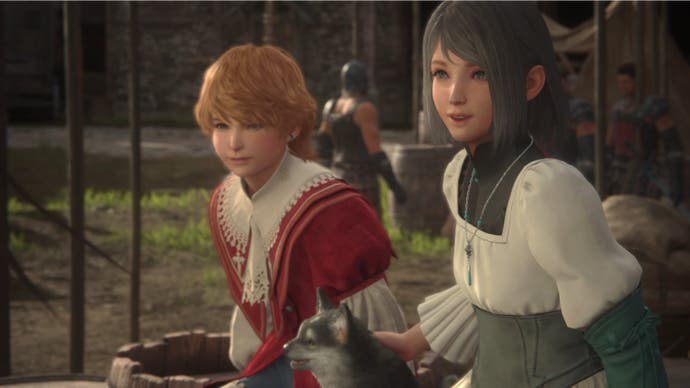
What were the key inspirations for each of your characters?
S: You always start with yourself, I think, in terms of how you connect. Certainly Jill has quite a journey from being a vulnerable character to really finding her strength again. So I guess that was the starting point for me was what are those two versions of her that we see throughout the game. I started slowly and then built it up.
B: I think that’s really exactly what happened to me as well. I start with me, it’s like, how would I react to this scenario? And then you kind of like, layer on those things. I did take some inspiration from a television show called The Leftovers with Justin Theroux. It’s just the most amazing TV show. Theroux is just absolutely sensational in it, he has that same grizzled resilience at losing his entire family and at the same time he’s just on the edge of crying. He doesn’t let himself cry because he’s got this warped masculinity.
I spoke with [Naoki] Yoshida (producer of Final Fantasy 16) about the influence of Game of Thrones and Lord of the Rings, especially in the visuals. I wondered if they influenced your performances at all?
S: I think because at the beginning we didn’t know what it was going to look like, all we had were these words on a page, it really comes quite organically from us. And I think what’s most interesting about both of these characters is they’re both really vulnerable but incredibly resilient and strong.
B: When it comes to Game of Thrones, what was the strength of that? Yes, it’s a story about warring families and all of this stuff, but why did people really get on board with that in the show? It’s because performance is at the heart of it. You believe in these characters, you love these characters. So that is a great example of how to do a big, grand fantasy scale on a human level. The similarity for Susie and I, it was all about can you find the humanity, can you ever find any sense of tenderness in the chaos? They were always my favourite scenes with [Susie], Jill always brings that out in Clive and vice versa. We’ve been through so much in those years.
As we play the game we see these characters through time as they age. How challenging was that for you to consider that sense of progression?
S: It was particularly hard with jumping back and forth recording. Initially you work sequentially, but then there’s bits where they redo the visuals or it needs to sound more like this. So you go back and you record something that happened right at the beginning of the story, and then the end of the story. There are definitely bits in there where I’ve had a cold some days and not others! Hopefully it’s just us that notice!
B: The jumping around was really hard but the team were so good with ‘you’re jumping back, this is where you’ve just been, this is what you’ve just done’. And often they would give us voice references and that would allow us to get back there, with the choices we made. When you’re doing it over four years, that’s a long time.
S: Yeah, a lot’s happened since then! There’s a picture of us on the first day recording, we both look about seventeen!
So without spoiling anything, what can we expect from each of your characters?
S: Well, we have a journey as individuals, I guess, and then we have a journey together and our relationship kind of changes and morphs.
B: I would say, from a story perspective, it is Clive and Jill’s story about how they as children suffered a huge amount of trauma and how they deal with it separately. And then how eventually, they have to maybe come together to figure out how they can actually overcome it fully. Jill’s been through hell, Clive’s been through hell. How do you deal with that? When we come back together, it’s a real moment of tenderness. Jill is the one thing Clive has from that world before. She knows him when he was better than he is now. Maybe Jill can be Clive’s redemption.
S: Yeah, what he said!
Were you surprised by how mature it is? When you compare to previous Final Fantasy games, there’s sex, there’s blood, there’s war.
S: I think people expect it now. These games are elevated and much more realistic in terms of the emotional journey and the filling out of characters, which is why it’s so interesting to play them. They’re no longer just one dimensional: I’m the female lead, he’s the male lead. It’s so much more.
B: It’s messy, isn’t it? Emotions are really muddy, there isn’t a right or wrong at all. And I think that, as much as there is blood, it’s the messiness of that. There isn’t light and dark, that doesn’t exist. It’s not what they are. And Jill and Clive are going to have to do some pretty bad things in order to do what they think is right. They’ll certainly question each other on the journey, if what they’re doing is the right thing.
What was your entry point to the series and your understanding of Final Fantasy?
B: You’ve played all of them haven’t you Susie?
S: All of them. I just will not stop [laughs]. Obviously I knew about Final Fantasy, it’s one of the few games I did know about. But my in was Jill, which I think in some ways is quite good because it just meant I didn’t have all these feelings of pressure coming at me, so I’m just concentrating on playing a character. But obviously now being involved in it I understand more about the history and how epic it all is. But you love a game don’t you?
B: Oh do I ever love a game! I specifically love Final Fantasy, I’ve pretty much played all of them. We’re like fire and ice, right? I played these games and you are the exact opposite, but we’ve managed to figure out a way of coming together. You were free of that pressure whereas I turn up and think ‘what if I screw all this up and everyone hates me?’ But it’s very cool.
Did you feel a lot of pressure then?
B: Yeah a huge amount of pressure. I was worried for the first month I was going to get fired. I knew where all the story was going, and because I’m such a huge fan I thought ‘Oh, great. I’ve had the next instalment completely ruined. What if I get fired?’ This is where your mind goes, this is way too good to be true. I shouldn’t be doing it.
Which is your favourite of the series?
B: Susie, which is your favourite?
S: Final Fantasy 16.
B: Yeah, a really strong choice! Mine’s Final Fantasy 8 because it was the first one I played, when I was 10 years old. I don’t think it’s the best, but the power of nostalgia is a powerful drug.
Yeah, FF7 and FF8 are my favourites for similar reasons.
B: I went to this Final Symphony concert in Birmingham last weekend. They heard that I was coming and said, ‘would you like to go on stage and speak to the audience?’ I said ‘yes, I would love that’. And it was genuinely the first experience of realising what we’ve done, walking on as a thousand people in the audience cheer. And then the conductor said, ‘what’s your favourite piece of Final Fantasy music?’ And I said this specific piece of music from Final Fantasy 8, which is Fisherman’s Horizon, and then I said Final Fantasy 13’s Dust To Dust, and then I said Final Fantasy 12’s Streets of Rabanstre. And it was like a Mexican wave! Everyone’s got their favourites, every one means something to them.
So one last question then as a fan of the series: how ‘Final Fantasy’ is FF16?
B: [The developers] have an incredible sense of legacy and they recognise the importance of where they’ve come from. There’s so much love and care that has gone into this and a recognition that this game doesn’t exist in a vacuum, it exists on the shoulders of these incredible games that have come before it. As much as we’re trying to appeal to a new audience, this is the 16th entry in a franchise that is so important to so many people. You cannot just cast that aside. This is important not just to video games fans but to Final Fantasy fans. It’s very Final Fantasy, but it’s also really new.
